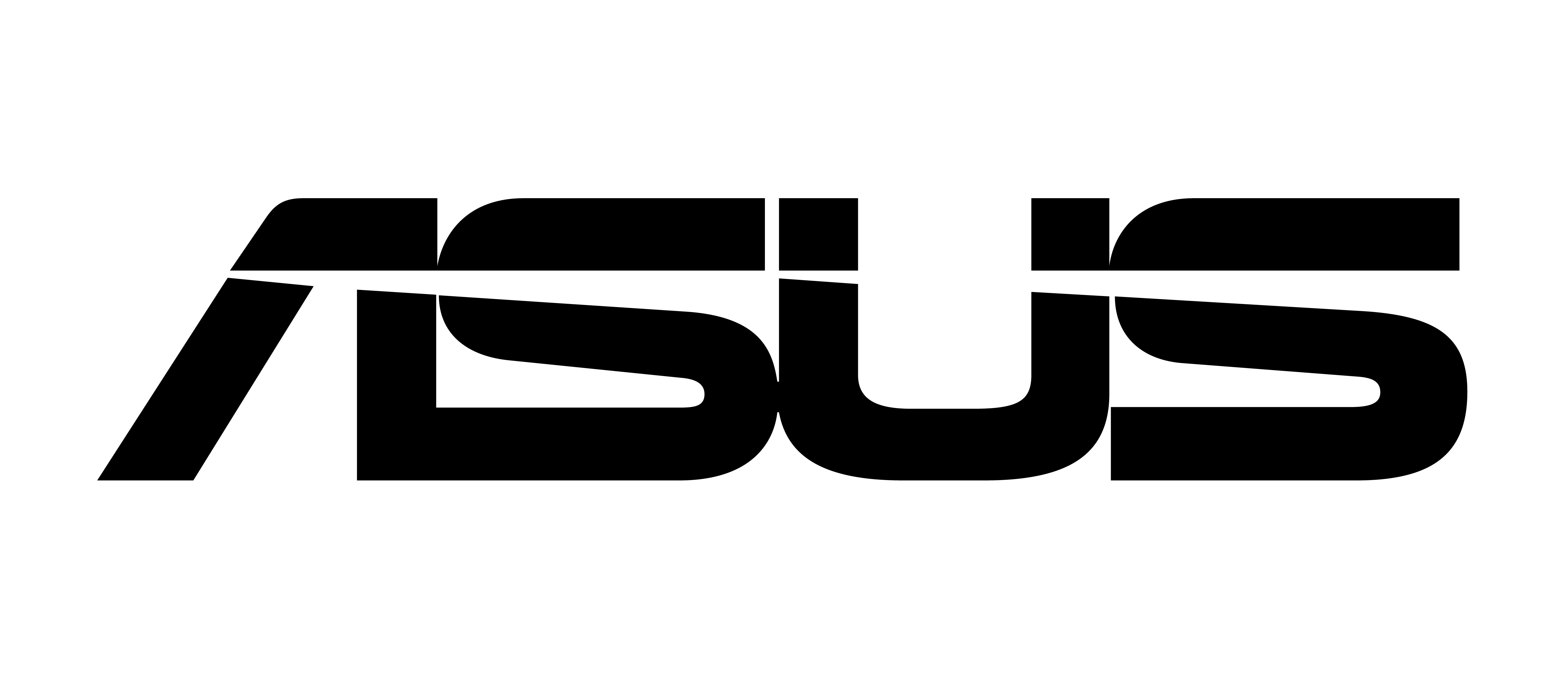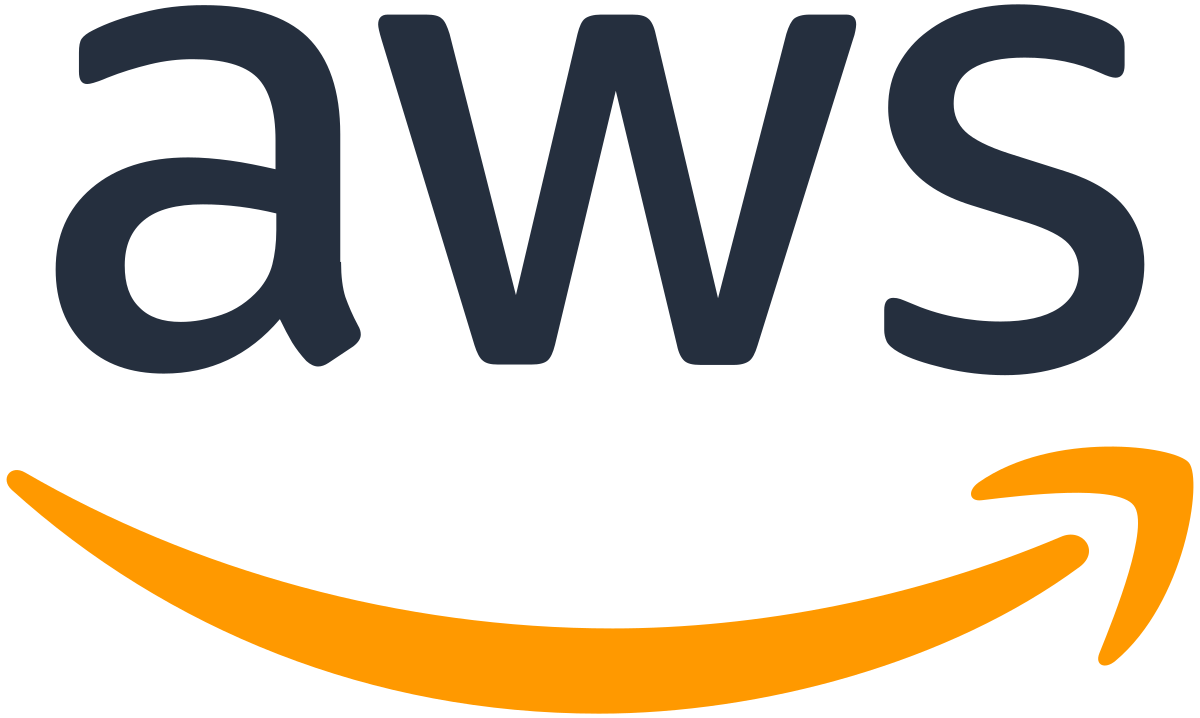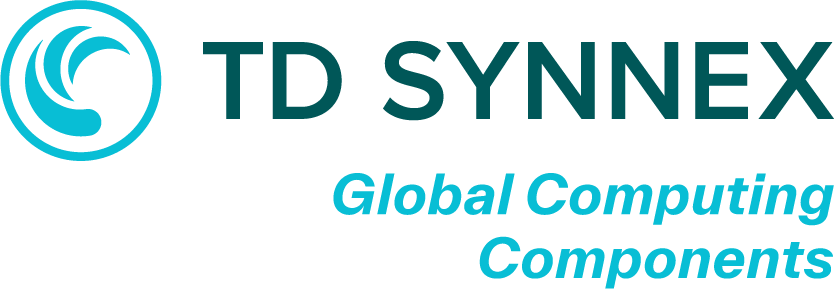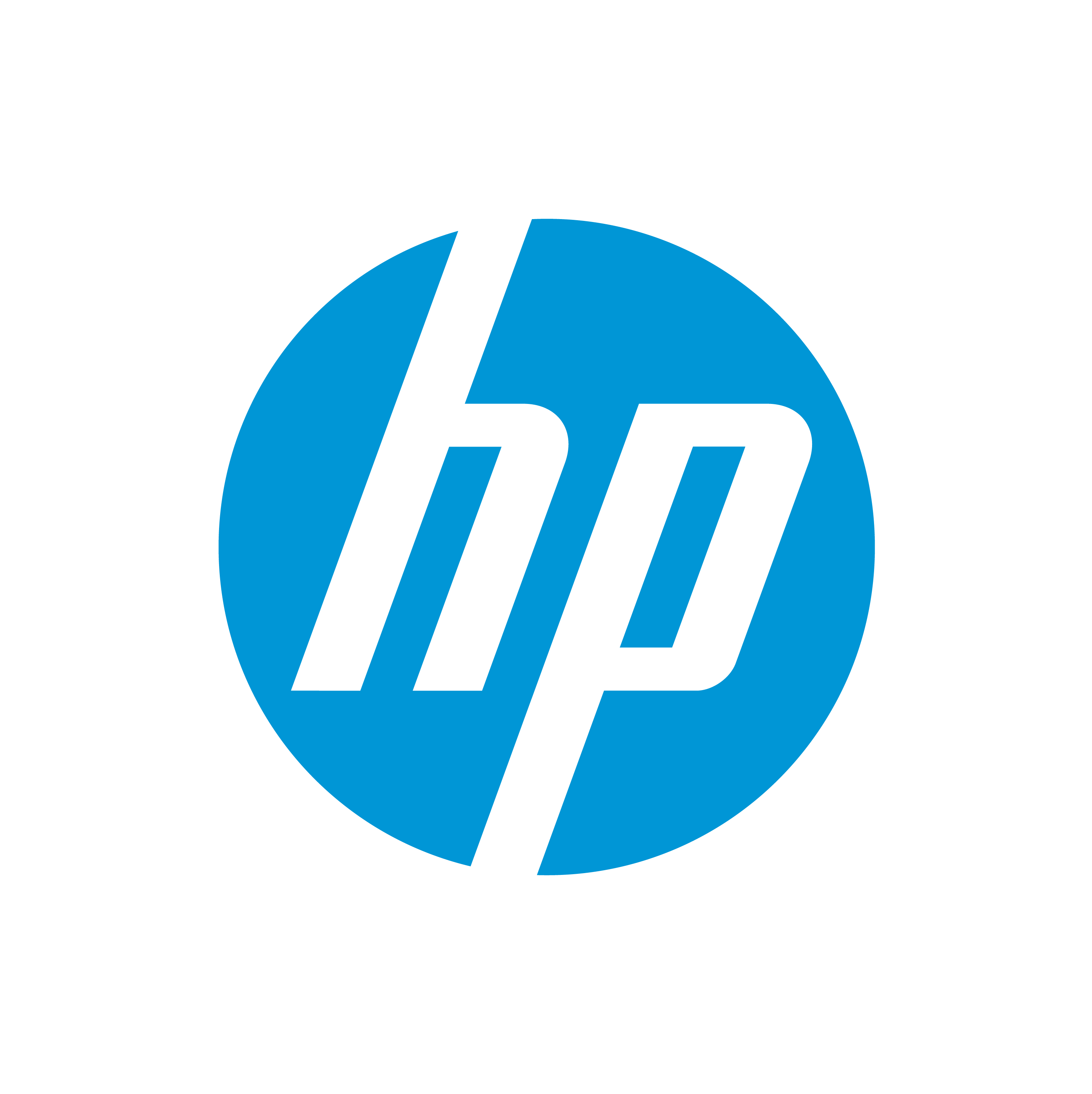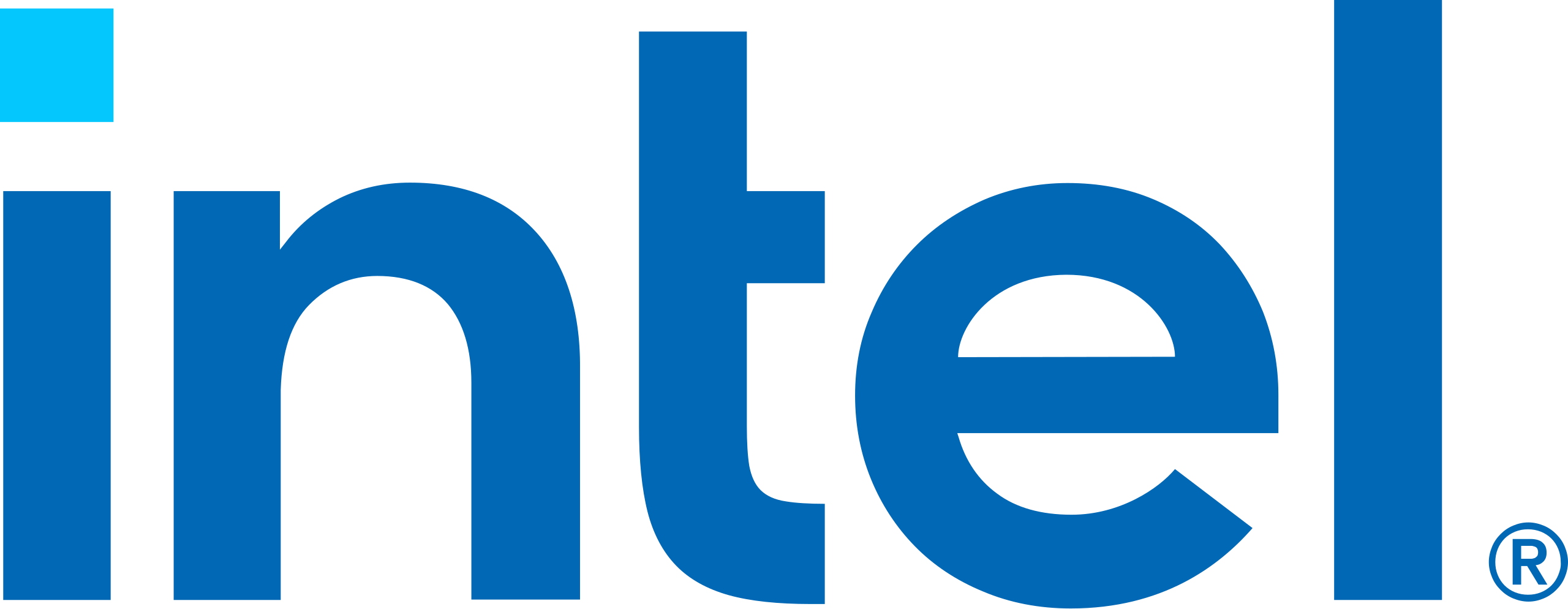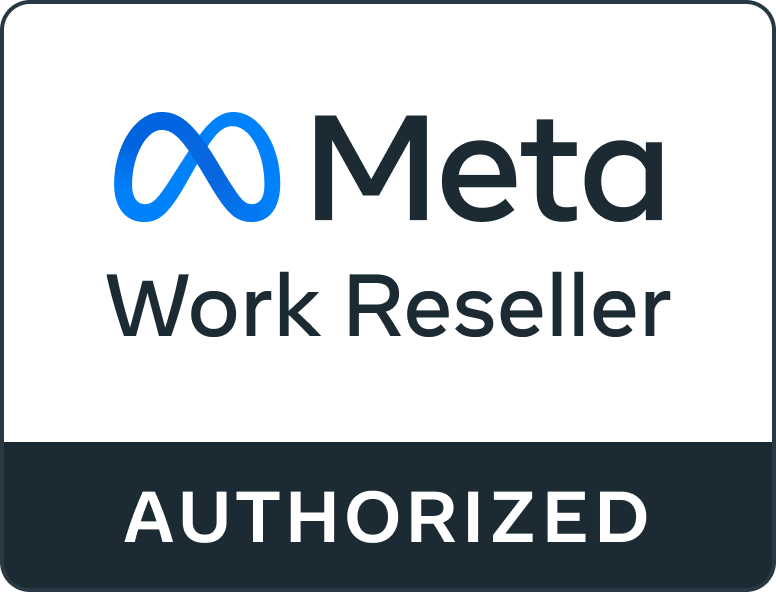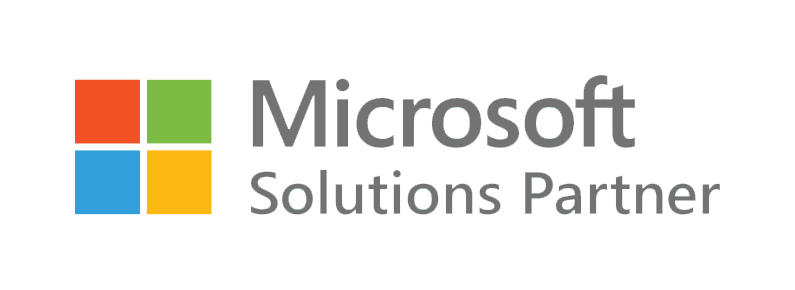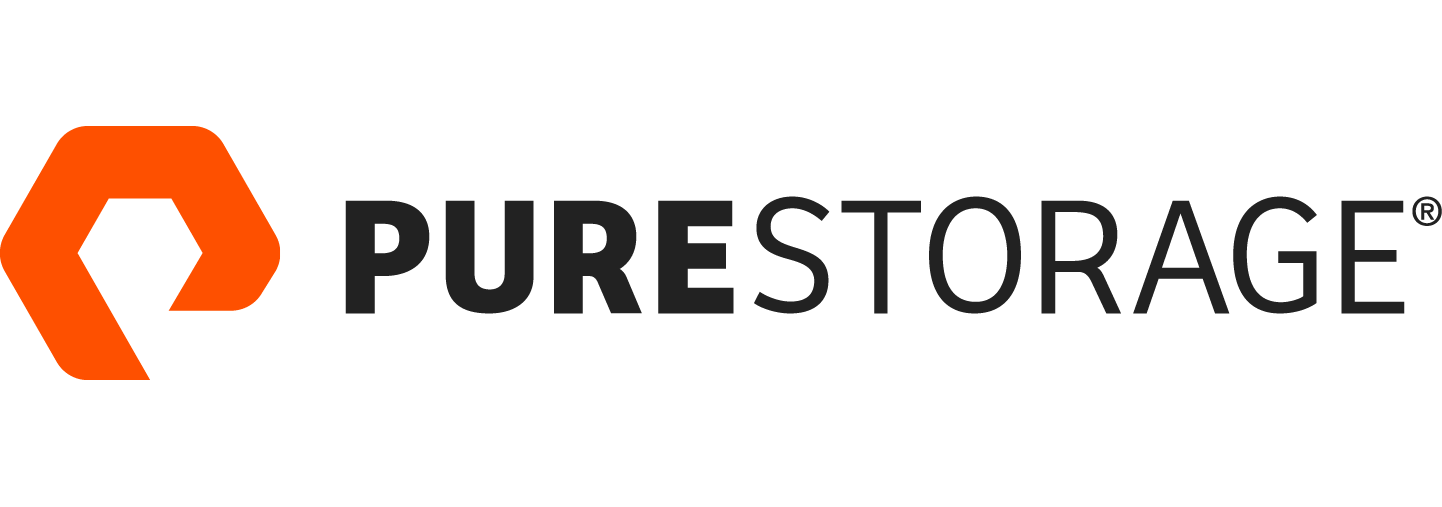Sustainability within the IT Sector
The IT market is a significant contributor to global emissions, partly due to the manufacturing and logistical implications frequently replaced devices and the water and electricity use of data centres.
Studies have even claimed the IT industry’s a bigger carbon emitter than the airline industry, leading to governments placing stringent conditions on public cloud providers.

